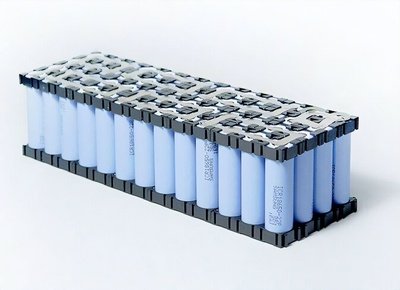
Global carbon dioxide (CO2) reduction is unquestionably the most significant global challenge of this century. The goal of achieving carbon neutrality by 2050 and limiting the long-term increase in global average temperature to 1.5°C has remained unchanged since the signing of the historic Paris Agreement in 2015.
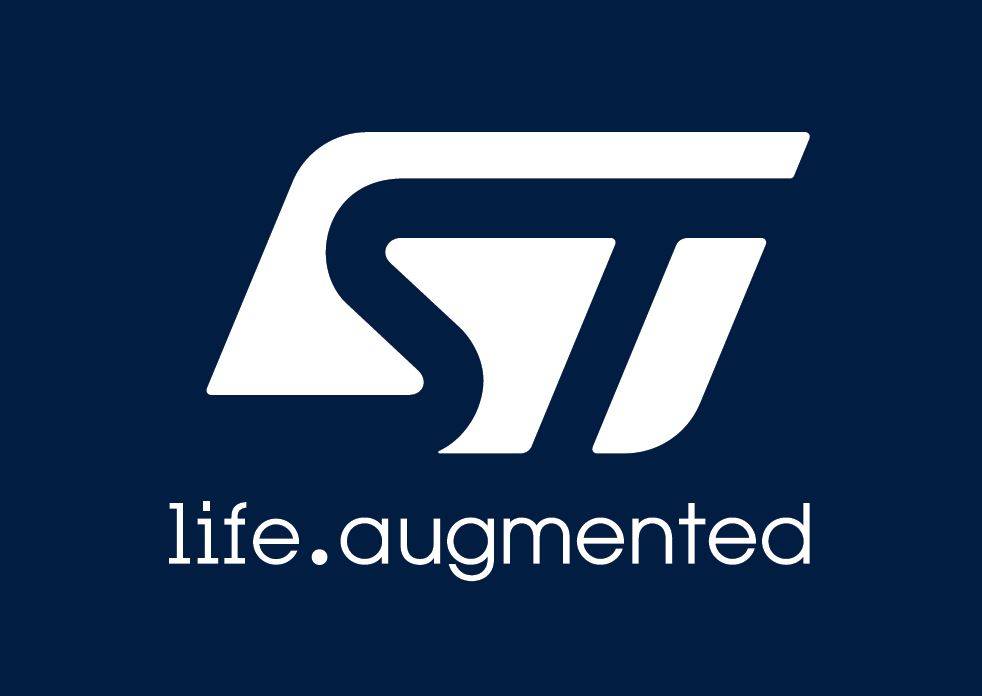
Many operations that seem to come easily in daily use are inseparable from the perception of sensors.
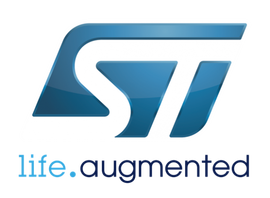
STMicroelectronics' first vehicle gauge machine learning solution, SL-AIAID012401V1, consists of the AEKD-AICAR1 evaluation Kit, AIAI plug-in and AutoDevKit Vehicle gauge development board. It can recognize four car states: parking, normal road conditions, rough roads, wheel sidescarding or sudden swerving.

With the increasingly serious problem of energy shortage, how to effectively use energy, improve energy utilization in a more intelligent way, and save energy will be one of the key elements in the application of smart buildings. KNX is an open standard for commercial and residential building automation, and this article will introduce you to the development of KNX standards and applications, as well as related solutions that support KNX technology.

Nowadays, the mobility ecosystem continues to create new challenges for automotive design, particularly with regard to the size, safety and reliability of electronic solutions. In addition, as automotive electric control units (ECUs) add connectivity and cloud computing capabilities, new solutions must be developed to address these technical challenges.
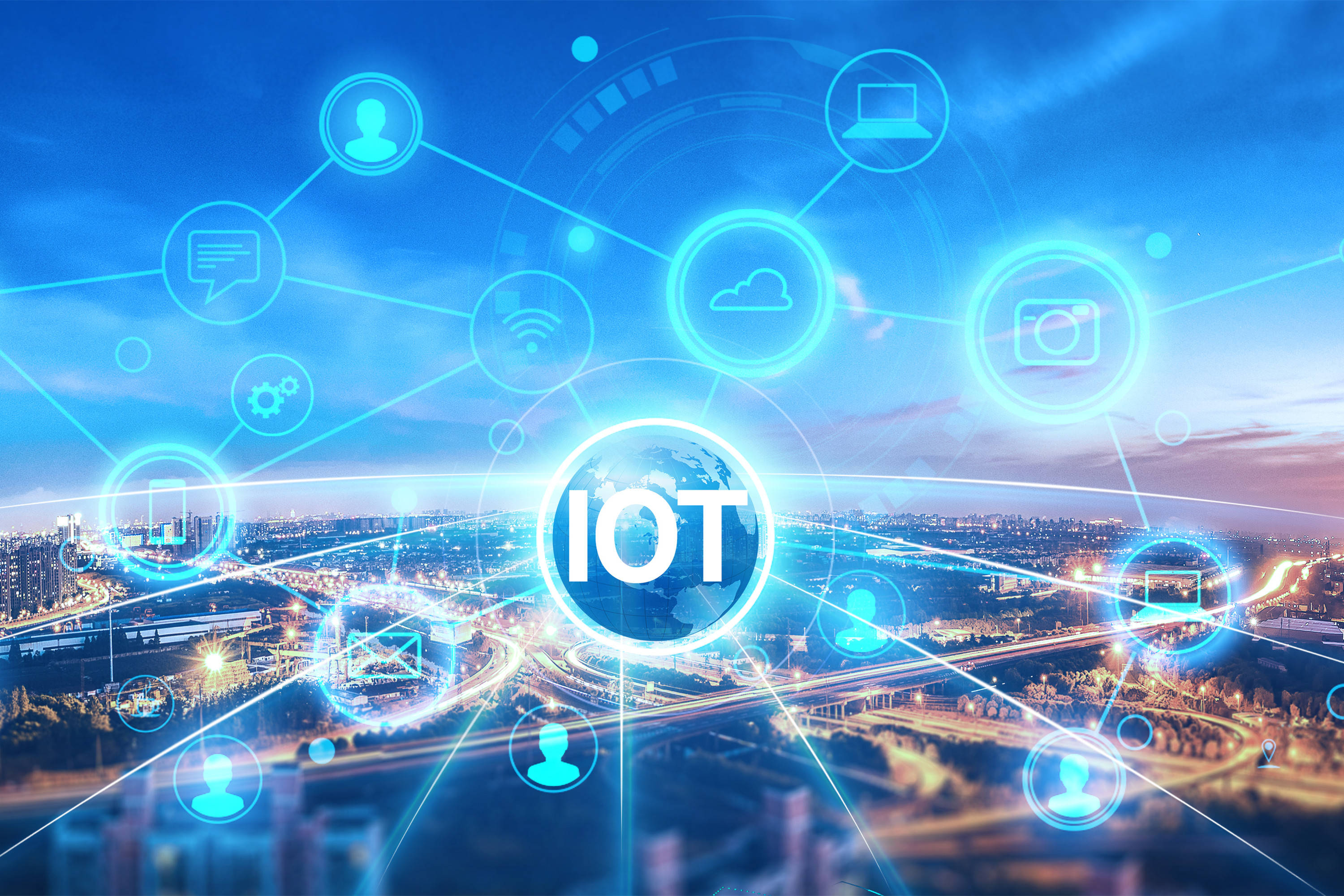
The concept of the Internet of Things (IoT) was first introduced in 1999. It describes a network of smart devices that use the Internet to improve human lives. For example, a car is equipped with various sensors that alert your phone when tire pressure is low. In addition to using a large number of sensors, the Internet of Things is also an arena for various wireless interconnection technologies, including cellular, Wi-Fi, BLE, NB-IoT, LTE-M, LoRa, Zigbee, NFC, and even satellite communication, which play a key role in the Internet of Things
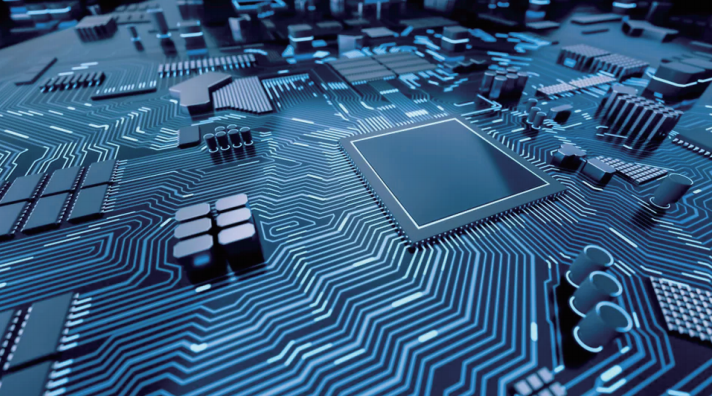
While it is true that manufacturers of components such as semiconductors are not environmentally friendly, electronic components in general play a key role in reducing humans' impact on the environment. From monitoring and managing environmental conditions to generating sustainable electricity and even monitoring nuclear fusion systems, advances in component circuits are propelling us towards a more sustainable future.
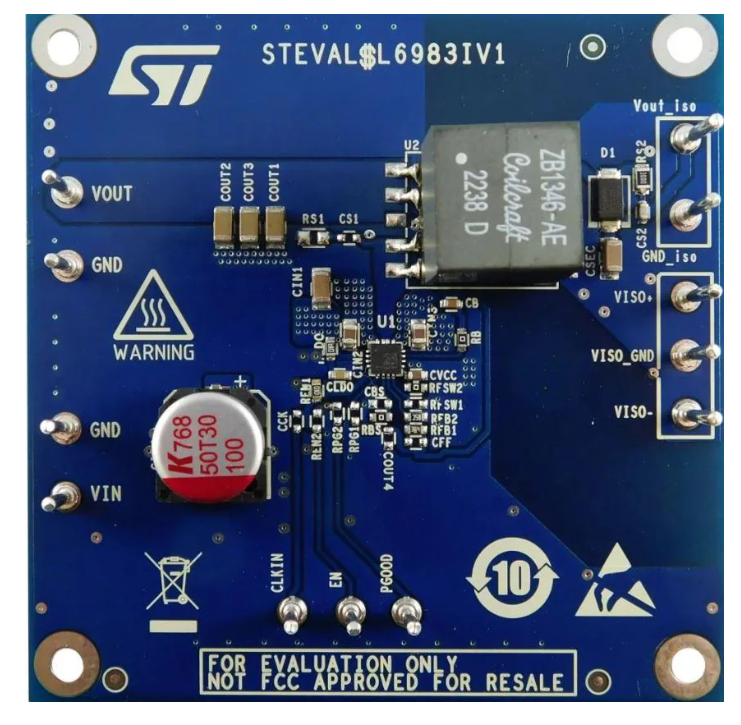
The L6983i 10W isolated step-down (iso-buck) converter is a compact, energy efficient, and flexible package that protects power conversion and gate drives for IGBT, SiC, and GaN transistors. Low static current, 3.5V-38V wide input voltage and other advantages.
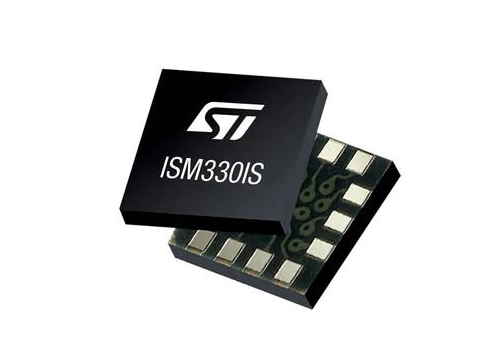
ISM330IS and ISN330ISN iNEMO inertial modules from STMicroelectronics. These modules combine a three-axis digital accelerometer with a three-axis digital gyroscope and are integrated system-level packaging solutions. The always-on, low-power nature enables these inertial modules to deliver outstanding performance in industrial and Internet of Things (IoT) applications, including industrial robotics, asset tracking, condition monitoring, and complex motion detection.
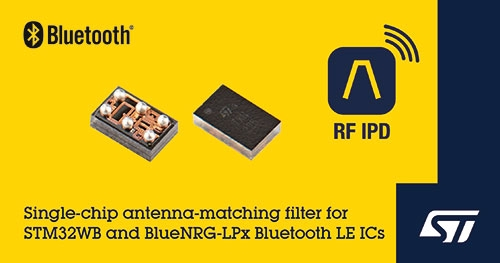
Two new products have been added to the STMicroelectronics monolithic antenna matching IC series, namely MLPF-NRG-01D3 for BlueNRG-LPS System chip (SoC) and MLPF-WB-02D3 for STM32WB1x and STM32WB5x* wireless MCU. These two products help simplify circuit design and optimize RF transmission for the STM32WB wireless microcontroller and the Programmable Bluetooth Low Power Wireless Application Processor (BlueNRG LPx).
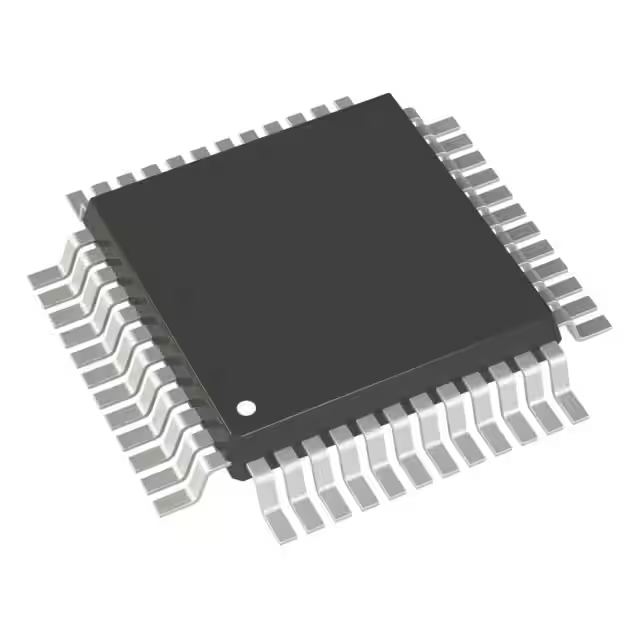
Ultrasonic technology (ultrasonic time difference method) is the use of a pair of ultrasonic transducers meet each other alternately (or at the same time) to receive and receive ultrasonic waves, through the observation of ultrasonic wave in the medium (gas or liquid) in the downstream and counter-current propagation time difference to indirectly measure the flow rate of fluid, and then through the flow rate to calculate the flow rate of an indirect measurement method

STMicroelectronics has released new extension tools that bring the benefits of Microsoft Visual Studio Code (VS Code), Microsoft's integrated development environment, to the STM32 microcontroller. VS Code is a popular integrated development environment (IDE) known for its ease of use and flexibility. IntelliSense, for example, simplifies and speeds up code editing.
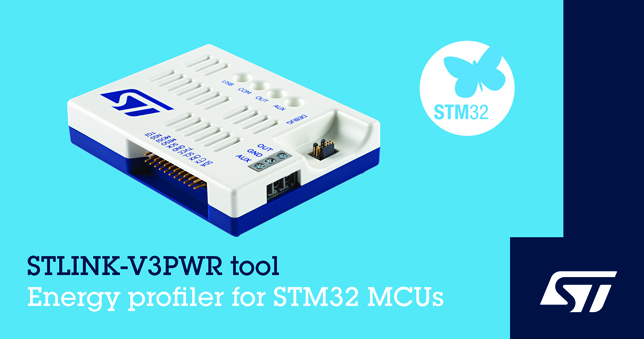
STLINK-V3PWR is a new online debug burner from ST that accurately measures the power consumption of applications running on any STM32 microcontroller (MCU). The wide dynamic range of the product is capable of handling power-sensitive development projects such as Internet of Things and wireless applications, and can measure current values from Na 'an to 500mA with measurement accuracy of ±0.5%. In addition, the product can provide up to 2A of current to the target system with a single USB cable, eliminating the need for developers to connect a separate power source to power the board.
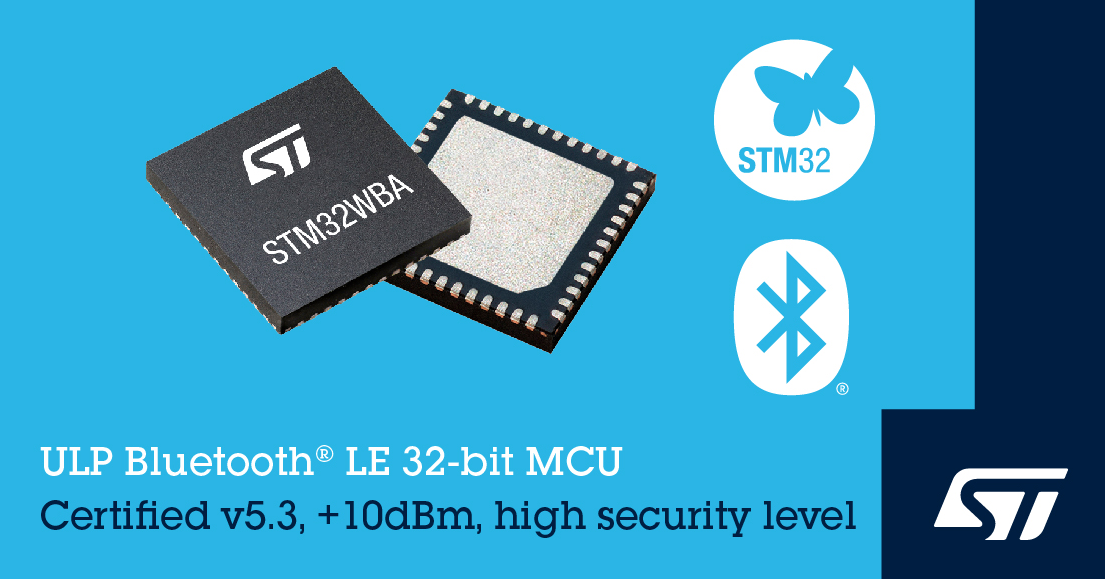
STMicroelectronics' STM32WBA52 microcontroller (MCU) integrates Bluetooth® LE 5.3 connectivity technology, ultra-low power mode, and advanced security, along with a variety of peripherals familiar to STM32 developers. The launch of the new products will facilitate developers to add wireless connectivity, reduce power consumption, enhance network protection, and improve edge computing power in the next generation of iot devices. STM32WBA wireless MCU platform contains stmicroelectronics cutting-edge patented technology.
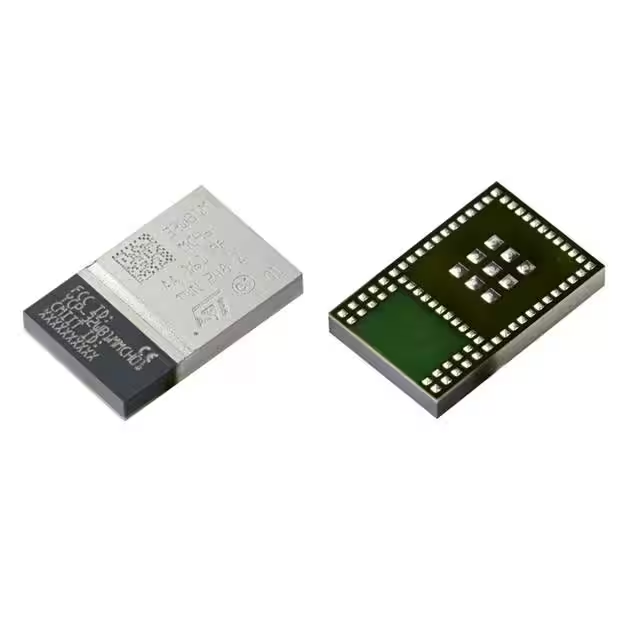
STMicroelectronics' new STM32 Bluetooth wireless module enables designers to leverage the advantages of the STM32WB dual-core microcontroller (MCU) in wireless products, especially in low and medium volume projects.
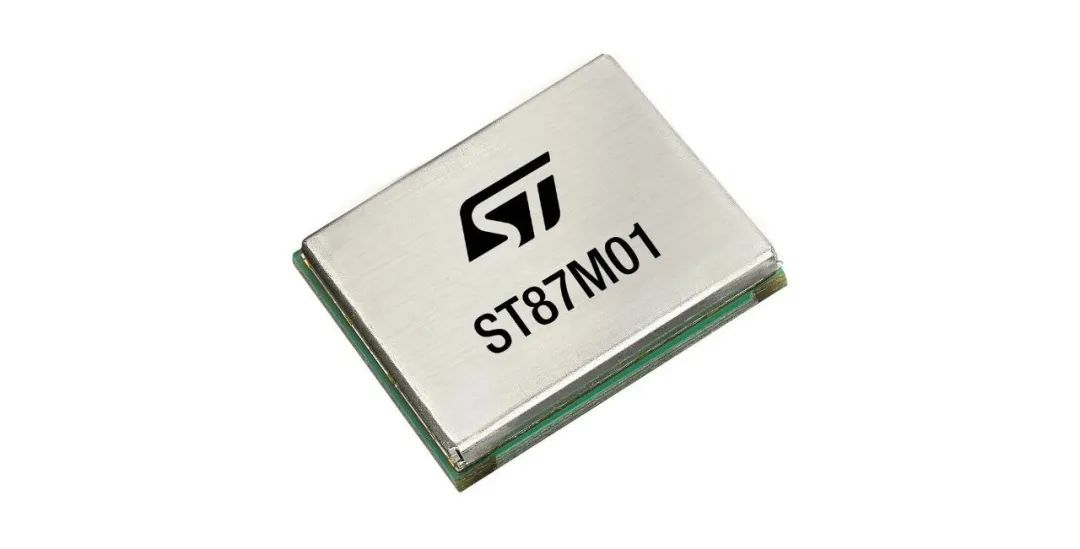
STMicroelectronics has introduced ultra-compact low-power Internet of Things module ST87M01, which integrates highly reliable and robust NB-IoT data communication with precise and flexible GNSS geographical positioning functions. It is an ideal device for designing Internet of Things and asset tracking devices. The fully programmable, industrial-grade module is LTE Cat NB2 NB-IoT certified to cover the global cellular mobile network communications spectrum and integrates advanced security features.
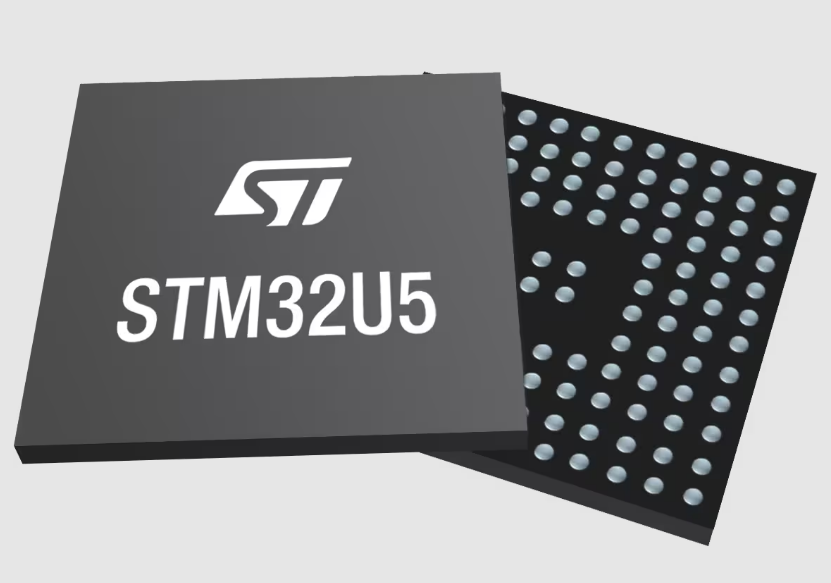
STMicroelectronics introduced the new STM32U5 chip, which improves performance while reducing power consumption, and extends battery life and improves energy efficiency. STM32U5 has obtained NIST embedded random number entropy source certification, which is the first universal MCU in the industry.
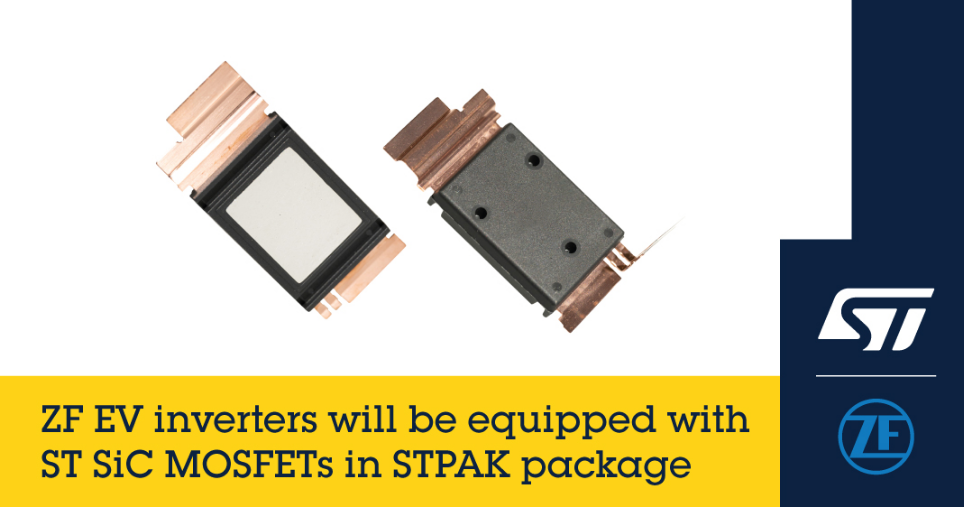
STMicroelectronics, the world's leading semiconductor company serving multiple electronic applications, announced the signing of a long-term supply agreement for silicon carbide devices with ZF Technology Group Corporation. From 2025, ZF will source silicon carbide devices from stmicroelectronics. Under the terms of the long-term purchase contract, stmicroelectronics will supply ZF with more than 10 million silicon carbide devices